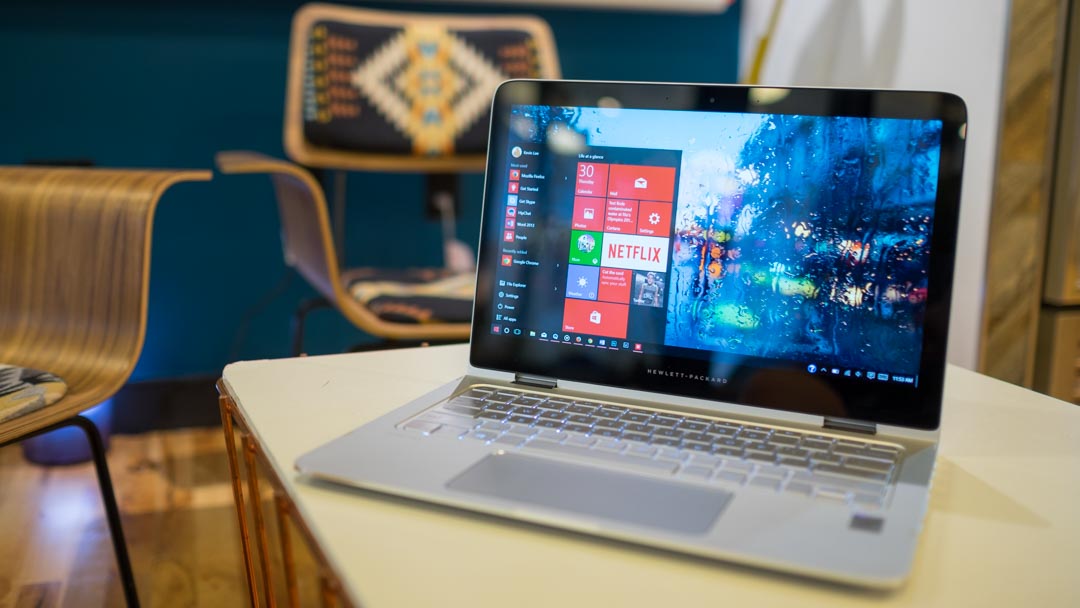You may be upgrading to Windows 10 without even realising it
Desperation or innovation?

Sign up for breaking news, reviews, opinion, top tech deals, and more.
You are now subscribed
Your newsletter sign-up was successful
Microsoft may be causing more harm than good to Windows with its latest change to the "Get Windows 10" programme.
Now, in another twist, PC World discovered that trying to close the newly redesigned pop-up for the programme – by clicking on the red cross icon on the upper right hand side of the box - is considered as consent for the Windows 10 upgrade.
The download is now categorised as a "recommended update" by Microsoft which means that PCs configured to accept recommended updates by default will have it installed even if the box is closed.
The pop up does have a clear link though should users want to change the upgrade schedule or cancel the scheduled upgrade.
An upgrade too far?
This has understandably caused frustration and confusion amongst Windows 7 and Windows 8.1 users with even the staunchest Windows fans finding it hard to defend Microsoft's latest move.
The company has been accused of forcing Windows 10 in order to boost its numbers. Its CEO, Satya Nadella, has committed to get one billion devices running the OS by April 2018 and given the current state of Windows 10 Mobile, such tactics may help Microsoft achieve that target.
Microsoft has since issued the following statement:
Sign up for breaking news, reviews, opinion, top tech deals, and more.
"As we shared in October, Microsoft has been helping customers who received the Windows 10 upgrade as an 'Optional' (and now 'Recommended') update, to schedule their upgrade. The scheduling UI that customers are seeing began on February 1st 2016, and has evolved over time based on customer feedback. Once a customer's upgrade is scheduled, they will receive a notification that states the time their upgrade is scheduled for, with options to reschedule or cancel if they wish. If the customer wishes to continue with their upgrade at the designated time, they can click 'OK' or close the notification with no further action needed."

Désiré has been musing and writing about technology during a career spanning four decades. He dabbled in website builders and web hosting when DHTML and frames were in vogue and started narrating about the impact of technology on society just before the start of the Y2K hysteria at the turn of the last millennium.